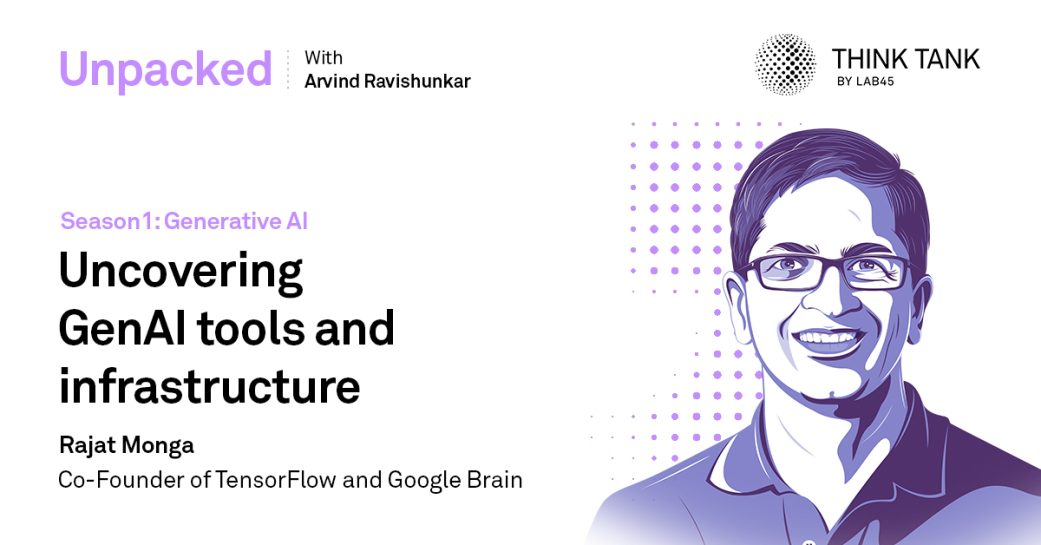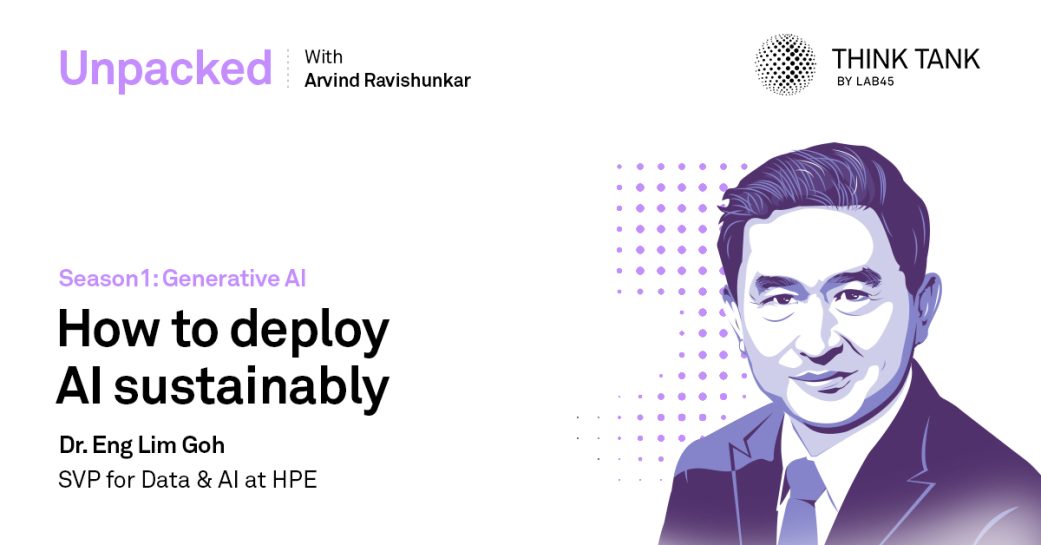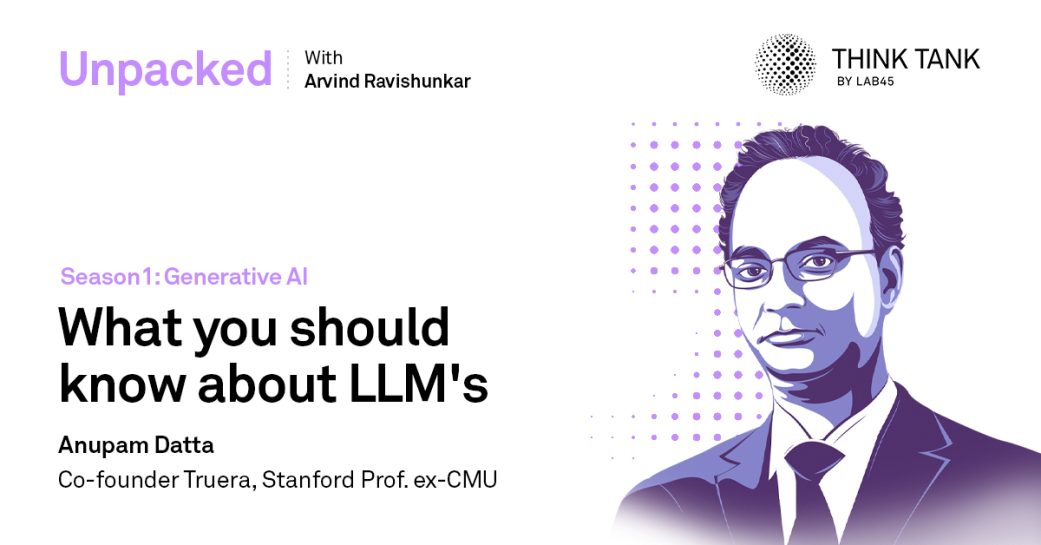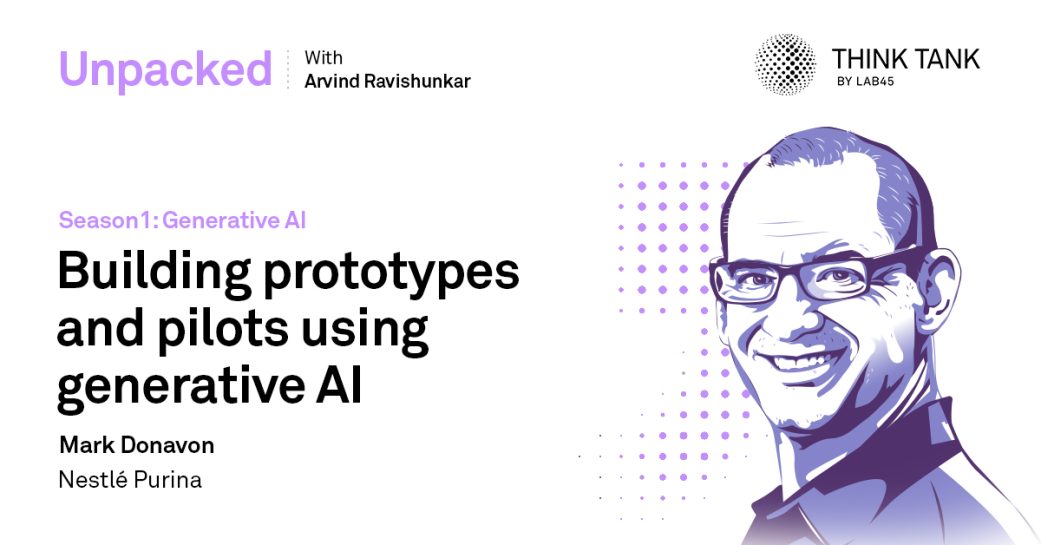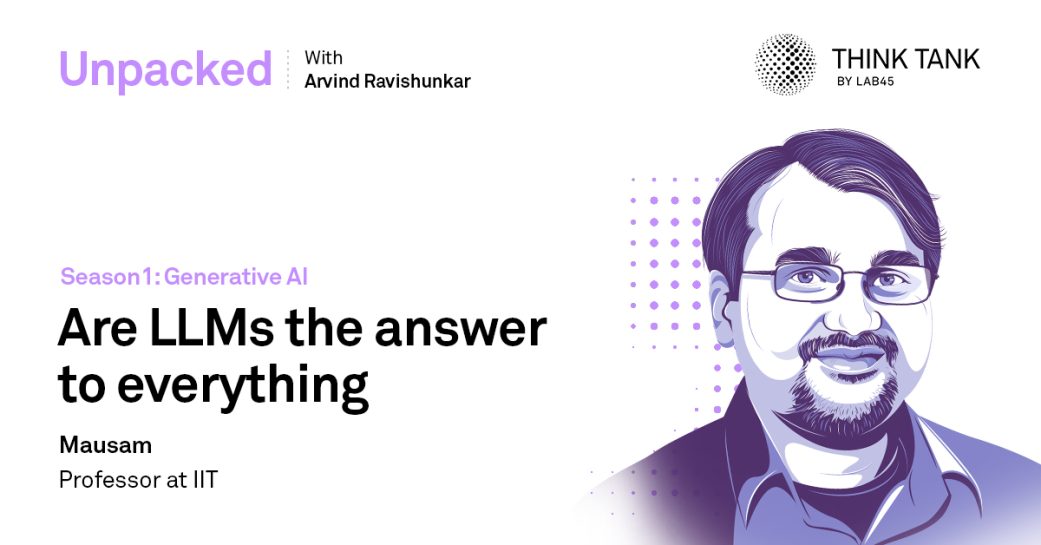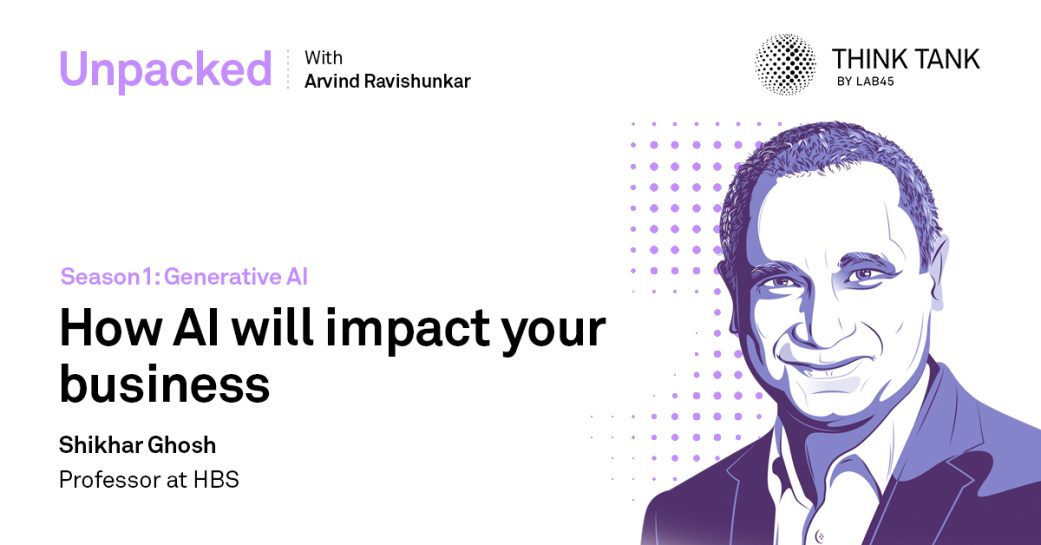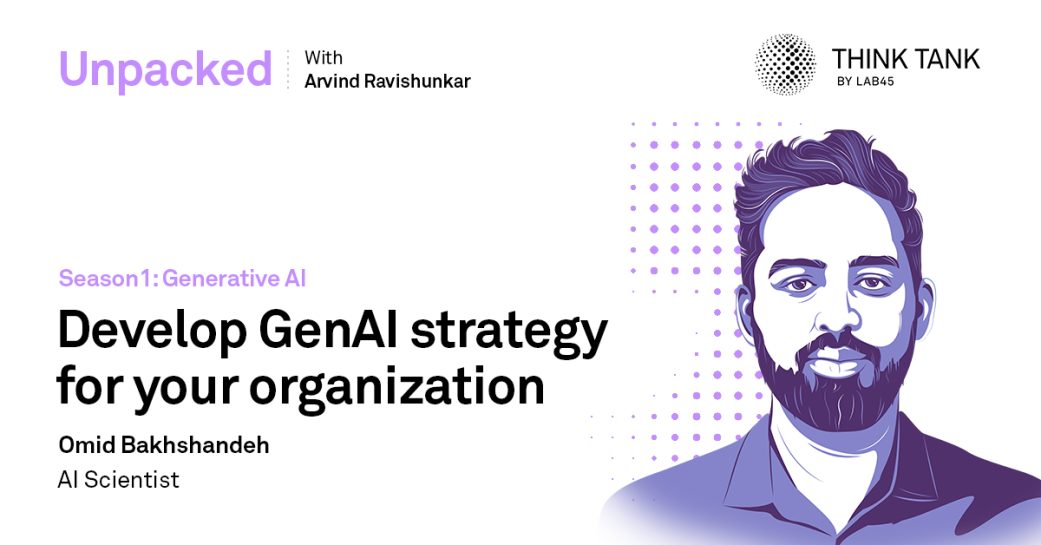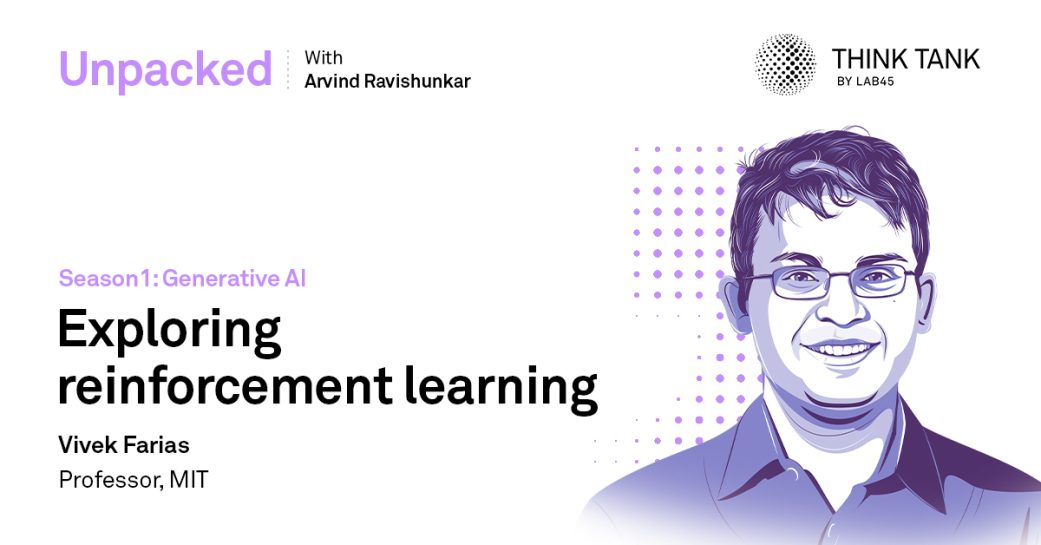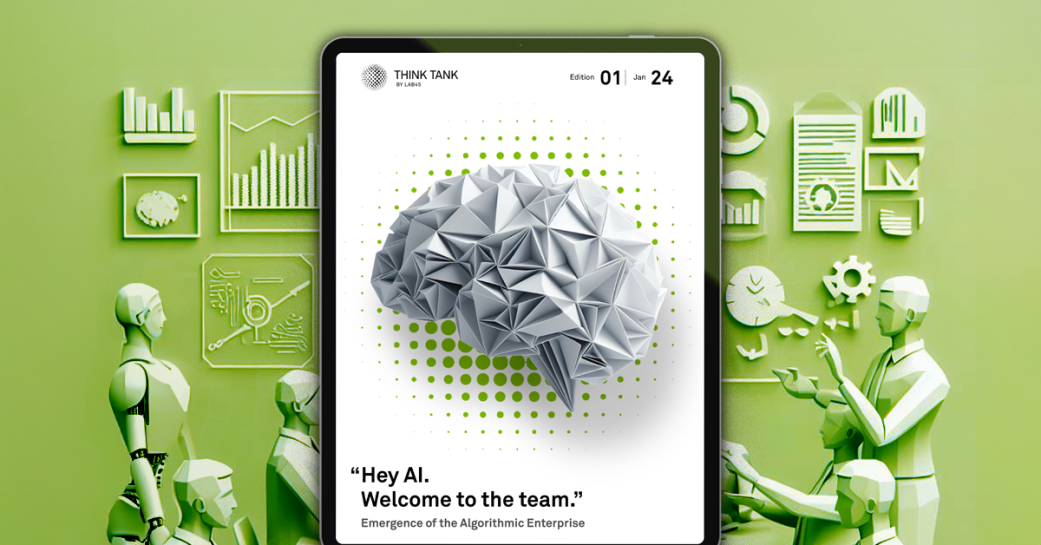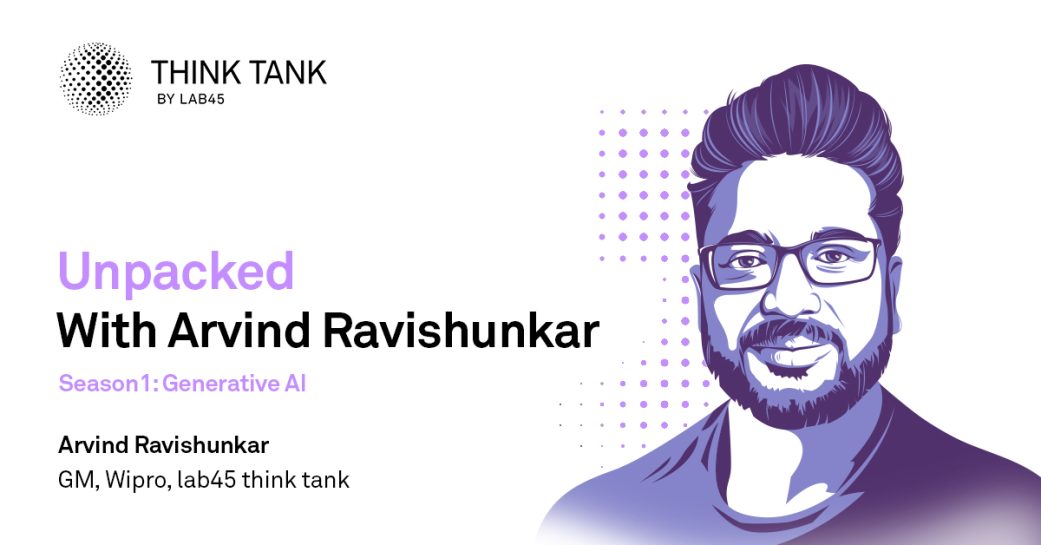Are LLMs the Answer to Everything with Prof. Mausam, IIT Delhi
Engaging topics at a glance
-
00:32:28Introduction
-
00:38:00Intended use of LLMs
-
00:41:30Performance of smaller model trained for specific task vs LLMs.
-
00:45:00How LLMs fare when dealing with mathematical and reasoning problems
-
00:52:40How small models are able to perform better than LLMs?
-
00:55:45Future of LLMs and Traditional AI Models
Uncovering whether LLMs are the one part of the answer or the entire answer to your problem with our guest, Prof. Mausam, with our guest, Prof. Mausam, a distinguished figure in Computer Science at IIT Delhi with over 2 decades of experience in Artificial Intelligence.
In this episode, we discussed that LLMs aren’t an answer to all AI-based problems. If you are trying to automate your factories, if you are trying to bring in predictive maintenance, if you want to do smarter planning, in all these automation tasks, LLMs are one part of the answer and aren’t the entire answer. And so, the breakthrough in AI in the last couple of years in neural networks and language models alone isn’t sufficient for us to get to this world. We dream of this world of AI-based automation and what it will do for us. It’s got the potential, but there is an X factor that’s still missing.
Guest started with discussing the misconception about large language models (LLMs) and their intended use. Initially designed for basic language tasks, summarizing text, recalling information, and answering basic to moderately complex questions, LLMs are much more intelligent than what was conceived.
They are not large maintenance models, they are not predictive maintenance models, they are not large doctors, they are not, they’re not large anything else but language.

– Mausam
He also talked about despite various attempts to improve the LLMs; they found that these enhanced models (LLMs) didn’t match the performance of standalone trained models.
The conversation shifted to the limitations of LLMs in handling complex industry applications such as supply chain management. Guest highlighted that these tasks involve vast numerical considerations, vendor identification, object quantity determination, cost analysis, and optimization, which are beyond the capabilities of LLMs.
When further discussing the reasoning capabilities and how they fare when dealing with a mathematical problem, it emerged that as the level of complexity of such problems goes up, the performance of these models goes down.
He mentioned it’s better to use these models for writing code to solve mathematical problems rather than using them for solving such problems.
If you ask it to do reasoning, it doesn’t do a good job. But if you ask it to write code to do reasoning, it does a better job.

– Mausam
In the end, the guest shared his perspective on the future use of LLMs and traditional methods, and in his view, it will be better to help us solve our problems in the best way.
Production Team
Arvind Ravishunkar, Ankit Pandey, Chandan Jha



